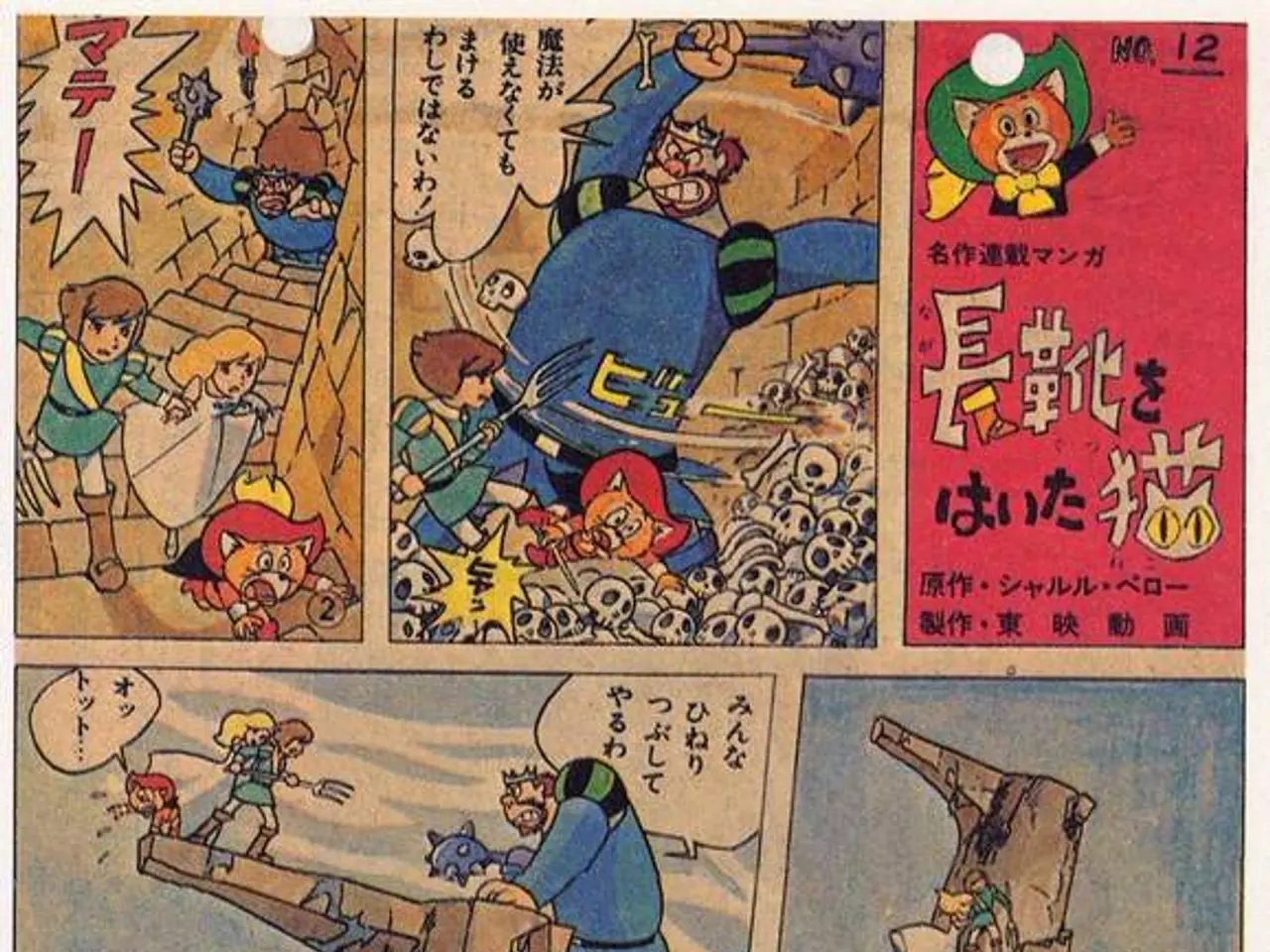Marking the 80th Anniversary of the Atomic Bombing of Hiroshima: Honoring the Past, Visioning a Future of Peace
In the 80 years since the atomic bombings of Hiroshima and Nagasaki, survivors, known as hibakusha, have become leading voices in the global movement for nuclear disarmament.
Kunihiko Iida, a survivor from Hiroshima, is an English-speaking guide at the Peace Memorial Park in Hiroshima. He has dedicated his retirement to raising awareness, especially among foreign visitors, about the bombings and the catastrophic consequences of nuclear war. Iida recalls being thrown by the blast and trapped under debris, and his mother and younger sister dying from radiation-related illnesses.
Fumiko Doi, a survivor from Nagasaki, narrowly escaped death when a delayed train spared her from being at the station at the exact moment the bomb exploded. Many other survivors hid their experiences for decades due to discrimination and trauma, but some are now sharing their stories to advocate for nuclear disarmament.
The survivors' voices resonate with urgency about the threat posed by the continued existence and modernization of nuclear arsenals. Iida emphasizes that the only path to peace is the abolishment of nuclear weapons.
The current global movement inspired by Hiroshima and Nagasaki survivors is focused on achieving nuclear disarmament primarily through advocacy for the Treaty on the Prohibition of Nuclear Weapons (TPNW). This movement emphasizes sharing survivor testimonies to convey the horrors of nuclear warfare and pressing governments, especially Japan, to actively participate in the treaty process either as signatories or observers.
Hibakusha-led campaigns, such as those led by Terumi Tanaka, co-chair of the Nobel Peace Prize-winning organization Nihon Hidankyo, have spent decades calling for nuclear abolition and inspiring younger generations to continue activism. The annual World Conference against Atomic and Hydrogen Bombs in Hiroshima continues to honor survivors' experiences and promote nuclear disarmament goals on the international stage.
Political advocacy is also a key element of the movement. Hibakusha groups have recently urged the Japanese government to attend TPNW meetings as observers, highlighting that Japan’s unique position as the only country attacked by nuclear weapons gives it moral standing to advocate globally for disarmament.
The movement also collaborates with international groups like the International Campaign to Abolish Nuclear Weapons (ICAN), which helped develop and promote the TPNW, emphasizing a nuclear weapon–free world as an urgent global priority.
As the number of direct survivors diminishes with time, there is a strong emphasis on passing the hibakusha message to younger generations to maintain momentum toward nuclear abolition. Visits to peace museums in Hiroshima and Nagasaki have surged, with roughly one-third of visitors coming from abroad.
The 2023 G7 summit in Hiroshima and the 2024 Nobel Peace Prize awarded to Nihon Hidankyo have brought renewed international attention to the bombings. Melanie Gringoire, a French visitor, described meeting Iida as sharing a "little piece of history," while American visitor Samantha Anne brought her children to understand the devastating impact of a single decision regarding nuclear weapons.
The legacy of the atomic bombings serves as a solemn reminder that peace is fragile and the need for nuclear disarmament is urgent. The movement led by the hibakusha continues to be a beacon of hope for a nuclear-free future.
- Kunihiko Iida, a hibakusha from Hiroshima, uses his experience and role as an English-speaking guide at the Peace Memorial Park to advocate for nuclear disarmament among foreign visitors, sharing the catastrophic consequences he witnessed during the bombings.
- Fumiko Doi, a survivor from Nagasaki, is an example of someone who narrowly escaped death and has since shared her story to raise awareness about the horrors of nuclear war and the urgency of nuclear disarmament.
- The global movement inspired by Hiroshima and Nagasaki survivors focuses on pressing governments, including Japan, to actively participate in the treaty process for the Prohibition of Nuclear Weapons, using survivor testimonies to convey the dangers of nuclear warfare.
- International collaboration is a significant aspect of the movement, with hibakusha groups partnering with organizations such as the International Campaign to Abolish Nuclear Weapons to emphasize a nuclear weapon–free world as an urgent global priority, and passing the hibakusha message to younger generations to ensure continued progress towards nuclear abolition.




